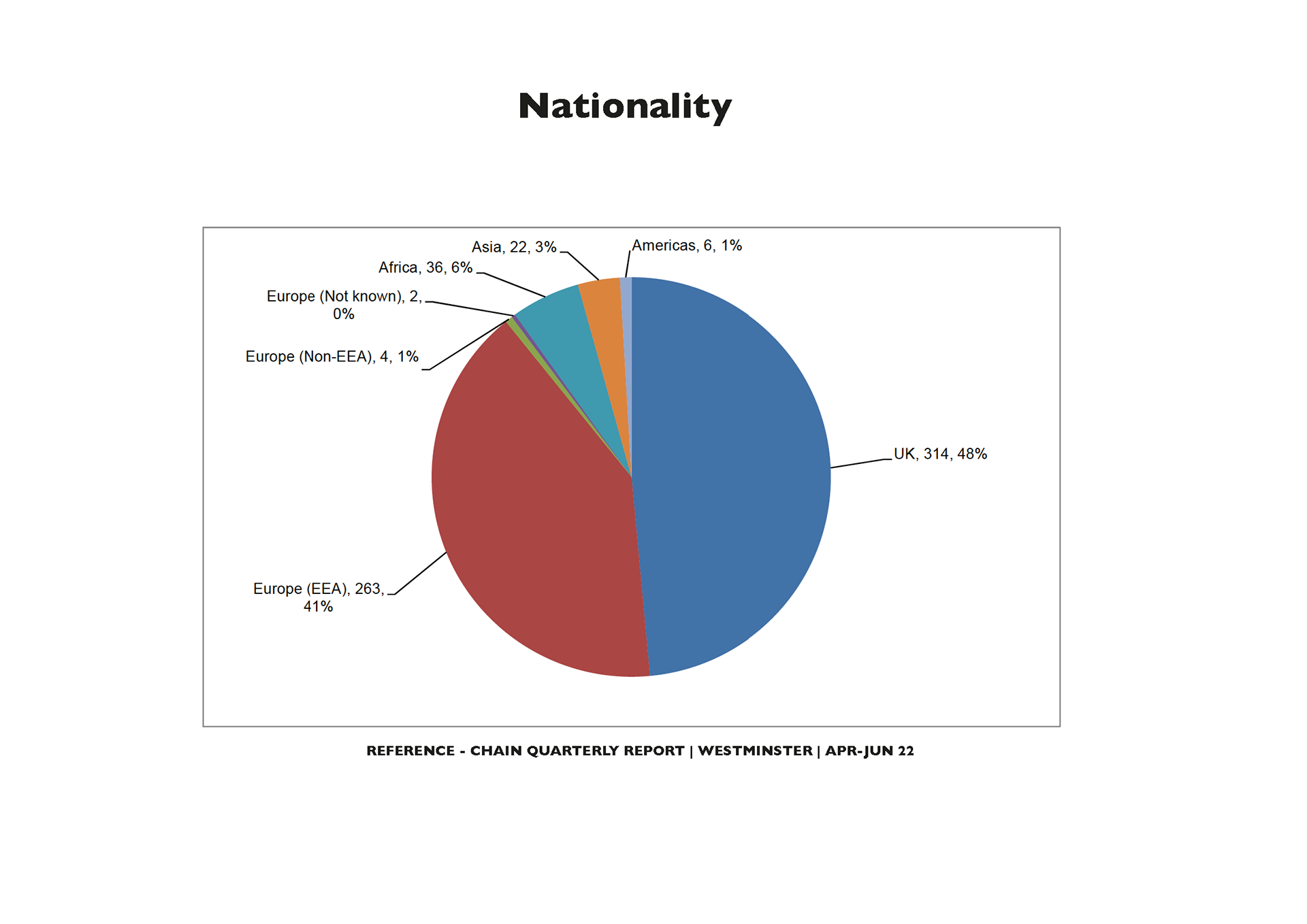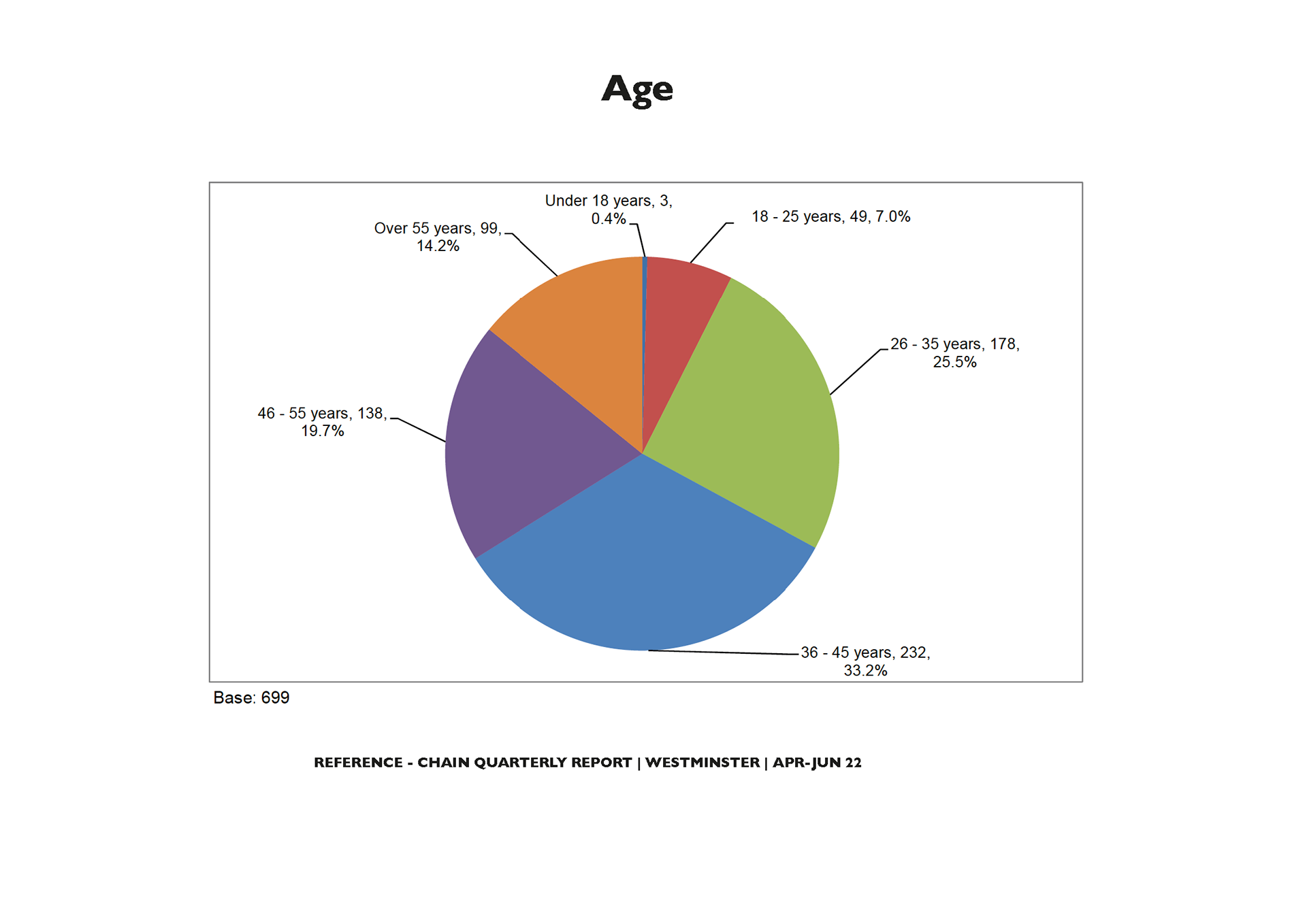Scenario
There has been an increase in rough sleepers due to rising living costs. Most people want access to facilities and council services to help support them.
We need a way for residents and businesses to have a platform to give back to rough sleepers and for the rough sleepers to receive this support/aid.
Things to consider:
- Remember, giving out physical cash on the streets is not an option.
- Our research shows most rough sleepers don’t have bank accounts.
- Access to our services should be quick and seamless.
- There must be some way we can use technology to help the rough sleepers.
- There are hubs across the borough where rough sleepers can access digital devices.
My Process
First, I asked myself the following questions:
How did they get to this condition?
Where are they?
How many?
How is their health?
What do they need?
What do they want?
What do they fear?
I searched for quantitative and qualitative research in governmental and non-governmental portals, I watched interviews with professionals and people in rough sleep conditions.
I drew a profile on the physical and mental health conditions, vulnerability, and reasons that led these people to live in these conditions.
Quantitative Research


Qualitative Research
Isobel Fisher conducted interviews.
Methodology:
Thematic analysis was applied to the open-text responses provided by the 563 respondents who had slept rough within the last year.
Respondents' experiences of Local Authority Housing Services may pre-date the introduction of the Homelessness Reduction Act or before the HRA bedding in.
Specific questions with open-text responses that were included in this analysis were:
•Where relevant, why they felt at risk of being forced to leave their accommodation
•Why they left their last short-term homeless accommodation
•When they last slept rough, what had prevented them from finding somewhere else to stay, and where applicable why they refused an offer of accommodation?
Respondents were also allowed to provide further information at the end of each section. The responses from the following sections are included:
•Housing and homelessness experiences
•Temporary accommodation and hostels
•Rough sleeping
•Heath and social support
•Other support needs (drug and alcohol misuse)
•Work and benefits
With this information, I thought of developing a rubber bracelet with an RFID SIM Card, which can be accessed at the terminals installed in the Hubs.
The person can have their medical history and treatments, training or professional courses, consult and reserve places in shelters, and as an extra program of recreational activities as an incentive to take care of health and reconnect life in society.
1 out of 4 women who suffer sexual harassment, their bracelet will have an alarm and send a signal to the police.
City of Westminster:
https://www.westminster.gov.uk/leisure-libraries-and-community/rough-sleeping-support-services
Crisis:https://www.crisis.org.uk/about-us/media-centre/16-rise-in-rough-sleeping-across-london-crisis-responds/
https://www.crisis.org.uk/about-us/latest-news/new-research-reveals-the-scale-of-violence-against-rough-sleepers/
Gov.uk:https://www.gov.uk/government/statistics/rough-sleeping-snapshot-in-england-autumn-2021/rough-sleeping-snapshot-in-england-autumn-2021#demographics
https://www.gov.uk/government/collections/homelessness-statistics
Mayor of London:
https://data.london.gov.uk/dataset/chain-reports
The Salvation Army:https://www.salvationarmy.org.uk/homelessness/rough-sleeping
St. Mungos:
https://www.mungos.org/press_release/st-mungos-welcomes-fall-rough-sleeping-london-urges-similar-coordination-nationally/
Isobel Fisher